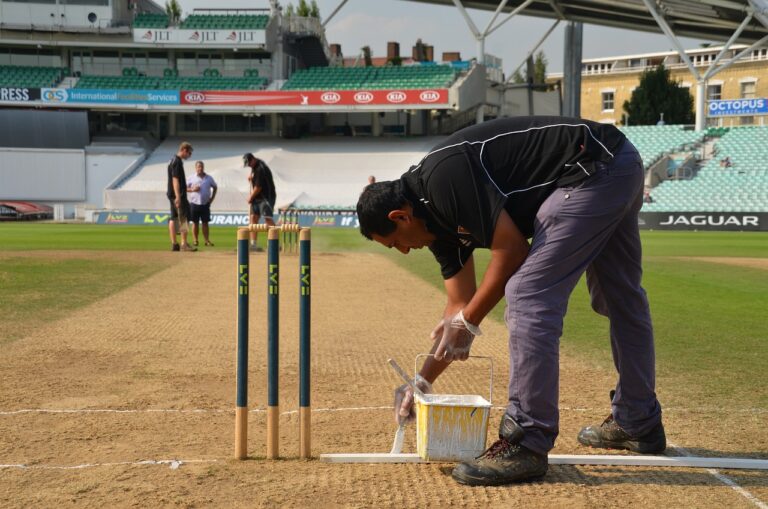The Economics of IPL Ticket Pricing: Accessibility vs. Revenue Maximization
betbook250.com, 11xplay, yolo 247:The Indian Premier League (IPL) is one of the most popular cricket leagues in the world, attracting millions of fans both locally and globally. The league’s success can be attributed to several factors, including the high-quality cricket on display, the star-studded line-ups, and the electrifying atmosphere in the stadiums.
One crucial aspect of the IPL’s success is ticket pricing. The economics of IPL ticket pricing is a delicate balance between accessibility for fans and revenue maximization for the teams and the league. In this blog post, we will delve into the factors that influence IPL ticket pricing and explore the trade-offs between making matches affordable for fans and ensuring financial sustainability for the teams.
Demand and Supply Dynamics
The law of demand and supply plays a significant role in determining IPL ticket prices. The demand for IPL tickets is usually high, especially for matches featuring popular teams or star players. Teams often capitalize on this high demand by pricing tickets higher for these matches compared to less high-profile games.
On the other hand, teams also need to consider the supply of tickets available. Given that stadiums have a limited capacity, teams must strike a balance between filling up the stadium and maximizing revenue per match.
Factors Affecting Ticket Pricing
Several factors influence IPL ticket pricing, including the following:
1. Team Performance: Teams that are performing well and have a strong fan base can command higher ticket prices compared to underperforming teams.
2. Stadium Capacity: The size of the stadium and the availability of different seating categories can affect ticket pricing. Premium seats with better views and facilities are typically priced higher.
3. Competition: The presence of other entertainment options and sporting events in the same city can impact ticket pricing for IPL matches.
4. External Factors: Economic conditions, inflation rates, and exchange rate fluctuations can also influence ticket pricing.
Accessibility vs. Revenue Maximization
The dilemma facing IPL teams is whether to prioritize accessibility for fans by keeping ticket prices affordable or focus on revenue maximization by setting higher prices. While maximizing revenue is crucial for the financial sustainability of the teams, it is essential not to alienate fans by pricing tickets too high.
Teams often adopt a tiered pricing strategy, where different ticket categories are available at varying price points to cater to fans with different budgets. This approach allows teams to strike a balance between revenue maximization and accessibility.
Moreover, teams can also offer promotional discounts, early bird offers, and incentives to encourage fans to attend matches. These strategies help in attracting a larger audience while still generating substantial revenue for the teams.
The IPL’s popularity and success are a testament to the effective management of ticket pricing, making matches accessible to a wide range of cricket fans while ensuring financial viability for the teams.
FAQs
Q: Why are IPL ticket prices sometimes higher than other cricket matches?
A: IPL matches feature top international players, high-quality cricket, and a unique atmosphere, which justify the higher ticket prices compared to other domestic cricket matches.
Q: How can fans find the best deals on IPL tickets?
A: Fans can keep an eye out for early bird offers, promotional discounts, and package deals offered by teams and ticketing platforms to secure the best deals on IPL tickets.
Q: Are IPL tickets overpriced?
A: While some fans may perceive IPL tickets as expensive, the pricing is often a reflection of the demand for tickets and the value proposition offered by the matches.
In conclusion, the economics of IPL ticket pricing is a complex interplay between accessibility for fans and revenue maximization for teams. By striking the right balance and adopting innovative pricing strategies, IPL teams can ensure that matches are not only financially sustainable but also accessible to a wide audience of cricket enthusiasts.







